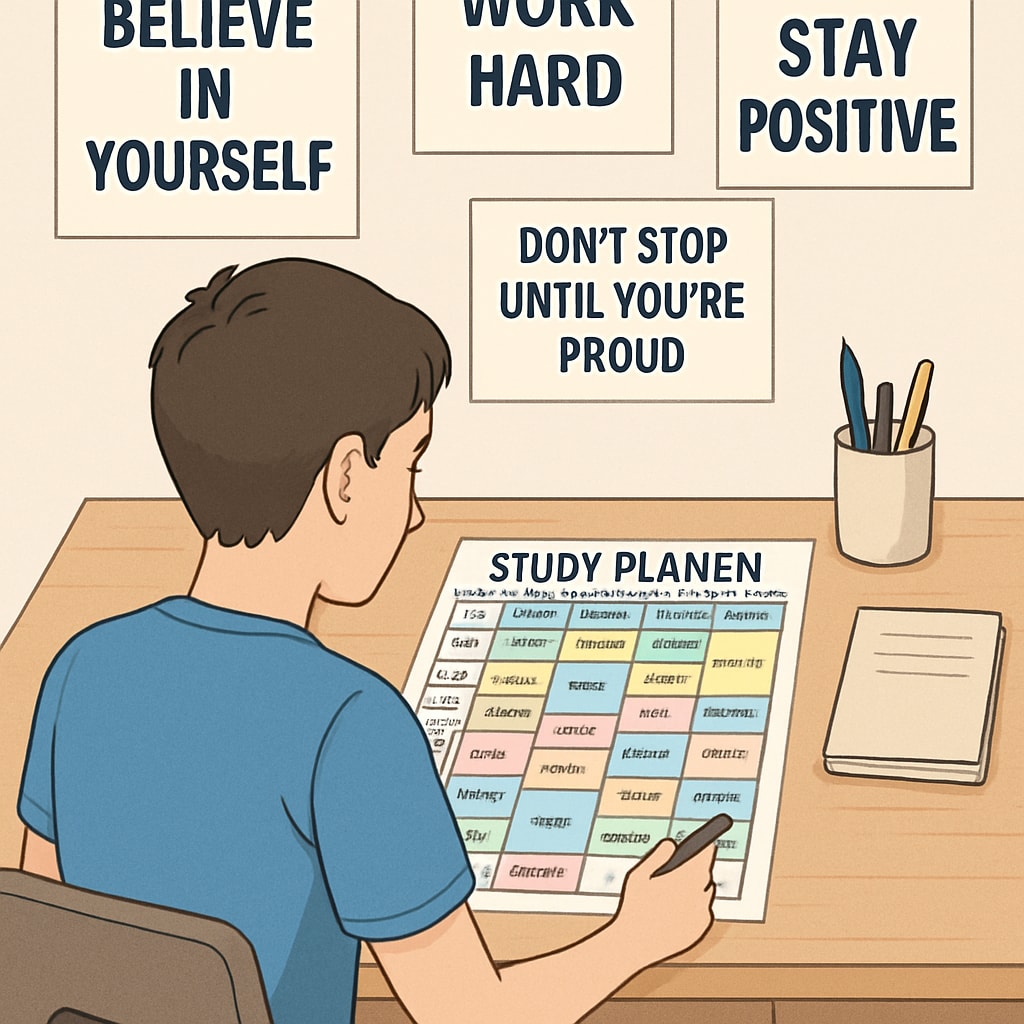Teenagers often face learning challenges and struggle with motivation, which can hinder their overall development. These issues, coupled with unhealthy lifestyle habits, present significant obstacles to their academic and personal growth. This article provides practical strategies for parents and caregivers to tackle these challenges, emphasizing family education, teen development, and cultivating motivation. By focusing on three key areas—self-directed learning, healthy living, and interest exploration—parents can guide their teens back on track.

Encourage Self-Directed Learning
Helping teens develop self-directed learning skills is crucial for overcoming academic struggles. Self-directed learning involves taking responsibility for one’s education, setting goals, and actively seeking resources to achieve them. Parents can start by teaching their teens how to manage their time effectively and break tasks into manageable pieces.
- Introduce tools like daily planners or apps for time management.
- Encourage the use of online platforms that offer free educational resources, such as Khan Academy.
- Set small, achievable milestones to boost confidence and track progress.
By fostering independence in learning, teens can regain confidence and motivation in their academic pursuits.

Promote Healthy Lifestyle Habits
A healthy lifestyle plays a pivotal role in teen development. Poor dietary choices, lack of sleep, and insufficient physical activity can negatively impact concentration and mood, further exacerbating learning difficulties. Parents can support their teens by creating a structured approach to healthier living.
- Ensure teens get enough sleep by setting consistent bedtime routines.
- Encourage balanced meals and limit junk food consumption.
- Promote regular physical activity, such as jogging, yoga, or team sports.
In addition, reducing screen time and encouraging mindfulness practices can further enhance focus and emotional well-being.
Uncover and Nurture Personal Interests
Sometimes, a lack of motivation stems from a disconnect between schoolwork and a teen’s interests. Helping teens discover their passions can reignite their enthusiasm for learning. Start by exploring extracurricular activities or hobbies that align with their strengths and preferences.
- Enroll them in classes or workshops related to their interests, such as art, coding, or music.
- Encourage hands-on projects that connect academic subjects to real-world applications.
- Highlight role models in fields they admire to inspire them.
By connecting learning to personal interests, teens are more likely to stay engaged and develop intrinsic motivation.
These strategies, when applied consistently, can help teens overcome learning challenges and cultivate healthy habits. Family education plays a vital role in ensuring teens feel supported and empowered in their journey toward personal growth. As a result, they can build a foundation for lifelong success and happiness.
Readability guidance: Use short paragraphs and bullet-point lists to improve clarity. Incorporate transitional words to ensure smooth flow between ideas. Place images strategically to visually complement key sections. Avoid excessive passive voice and maintain concise sentence structure.


